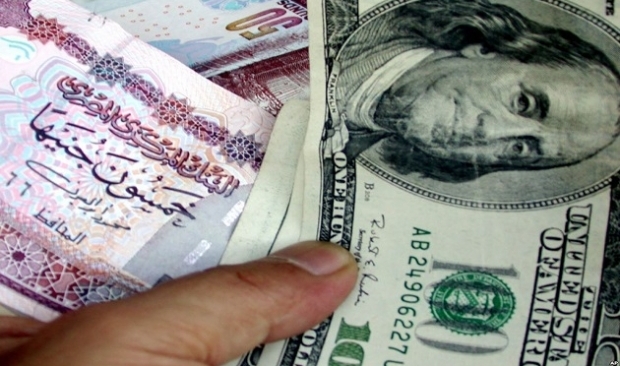Foreign exchange shortages are making it harder for Vodafone's Egyptian business to buy network equipment and it has asked some suppliers to accept payment in Egyptian pounds, its local chief executive said.
Two years of economic turmoil since the overthrow of President Hosni Mubarak have wiped out most of the country’s foreign reserves and left some companies scrambling to secure currency on the black market at inflated rates.
The pound is trading between banks at around 6.9 to the dollar, but it was changing hands at between 7.7 and 7.85 on the parallel market earlier this month.
Hatem Dowidar said the currency constraints would not hit Vodafone Egypt's earnings this year, but would start to affect its longer-term growth if foreign currency remains scarce.
"So far we have prioritized things like roaming, SIM cards and top-up cards, but that's at the expense of network equipment and infrastructure," Dowidar told reporters during a visit to Dubai. "We have orders that we're not able to fulfill because we can't ensure that we have the currency to pay for it."
Vodafone Egypt is owned about 55 percent by Vodafone and around 45 percent by state-owned landline monopoly Telecom Egypt.
The company faces a challenge to buy currency in Egypt and transfer it to equipment suppliers, Dowidar said. Revenue sharing on international roaming deals was also problematic.
"We are talking to some of the manufacturers about working in Egyptian pounds … given that our income is in Egyptian pounds," he said. "Most of the equipment is in dollars or euros."
For now, Vodafone Egypt had been obliged to "significantly" rein in its network improvement and expansion plans in the last three months, namely upgrading base stations to high-speed, third-generation networks.
"This isn't something that will affect us today or in the coming financial year in terms of results of the business, but if this currency situation continues for a very long time it will end up affecting long-term growth," Dowidar said.
He said Vodafone Egypt's operating costs were set to rise because of government plans to remove or reduce fuel subsidies.
Dowidar said Vodafone Egypt had factored those changes into its plans and was pushing through efficiency savings to compensate for them.
"It's not the running costs" that are the main problem for the company right now, "it's more the capital expenditure, equipment and investments in the network," he added.




